Jovita’s story
Jovita joined our Business Women in Tanzania project in 2013.Years later, she reflects on her entrepreneurial journey.

Before the training, I was so scared of taking out a loan, even a small one. But the training taught me about loans and record keeping. I am confident that even if I take out a big loan, I am able to repay because the business is there.
In just a few years, mother of four Jovita Masanyika has gone from selling cakes in an unprofitable microbusiness to operating a sophisticated enterprise that supplies government and international buyers with top quality cleaning products.
Jovita has achieved this success with the support of our Women’s Small and Micro Enterprise Development project, which we run in partnership with the ExxonMobil Foundation and the Tanzania Gatsby Trust.
Since this project started in 2013, we have been providing 260 women entrepreneurs with business and technical training, business coaching, linkage to financial institutions for access to financial services and women’s rights awareness sessions. Jovita is just one of many women who have seen remarkable results, including increased profits and confidence, and greater access to business loans and networks.
After eight years of selling cakes for very little profit, Jovita spotted an opportunity in manufacturing cleaning products. Her story of transformation starts with just £8.50 (24,000 Tanzanian shillings), which is the amount her husband lent her to make her first batch of soap.
“I saw the opportunity in soap because every day people are using soap in the bathroom to clean their hands and scrub their toilets and in the kitchen to wash things. I knew it could be a good business. I looked at others making soap and I knew I could do it better than them.”
Jovita launched Jonoma Products in 2012 with just ten litres of soap, which she sold to her neighbours. Since then her business has grown at an extraordinary rate. Today, Jovita sells soaps, shampoos and disinfectants to government ministries and the University of Dar es Salaam. She has also received large orders from companies in neighbouring Zambia and the Congo.
Jovita says the turning point came when she attended the enterprise training which was run as part of our project in 2013, which made her realise how important it was to register her business and secure capital to invest in further growth.
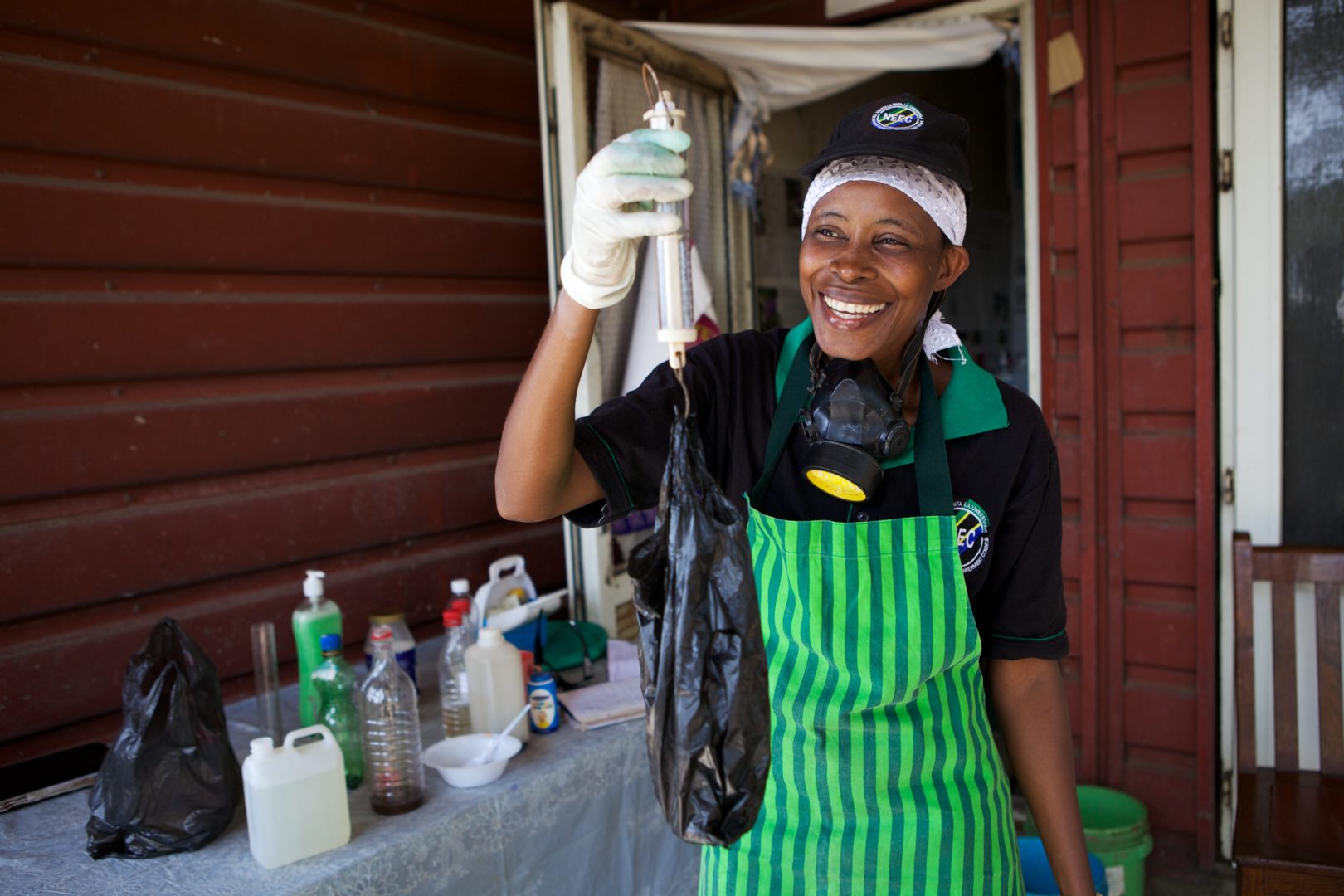
Putting her training into practice, Jovita immediately registered her business with a government organisation for small industry. This opened a lot of doors for her, including admittance to Dar es Salaam’s annual international trade fair where she has reached new customers and sold two million shillings’ worth of products (around £715).
Jovita personifies the entrepreneurial spirit of Tanzanian women, who run around 43% of the country’s micro and small enterprises. However not all women-owned businesses manage to achieve the same levels of success as Jonoma Products. Many women lack secure rights over land and property, and find it difficult to provide the collateral needed to access capital from banks and other financial institutions. In fact, only five per cent of Tanzanian women obtain finance from banks. Cultural norms and gendered perceptions about the role of women in society can also make it difficult for women entrepreneurs to progress in the world of work.
But Jovita’s story shows that, with the right support, women entrepreneurs can be an unstoppable force.
Jovita’s ambition now is to reach new markets and scale up her flourishing business. She plans to take out a bank loan to finance the cost of a delivery vehicle and a driver, so that her products can reach a growing international customer base.
“Before the training, I was so scared of taking out a loan, even a small one,” Jovita explains. “But the training taught me about loans and record keeping. So now I can save, keep records and then take my records to the bank. I am confident that even if I take out a big loan, I am able to repay because the business is there.”
Needless to say, Jovita has paid her husband’s initial investment back many times over and he now works part-time for her business. She’s currently making plans for the ten-acre farm she has recently bought: she wants to scale up her business even further by setting up a soap factory there, which will help to create employment opportunities for young people in the local community.
Jovita’s experience shows why the economic empowerment of women truly matters. Empowering women entrepreneurs to reach their full potential helps to transform not just individual businesses and lives, but whole communities.
Find out more about our Business Women in Tanzania
In Tanzania, many women struggle to access vital resources, such as land and credit, as well as education and economic opportunities. The Foundation worked in Tanzania between 2012-2016.
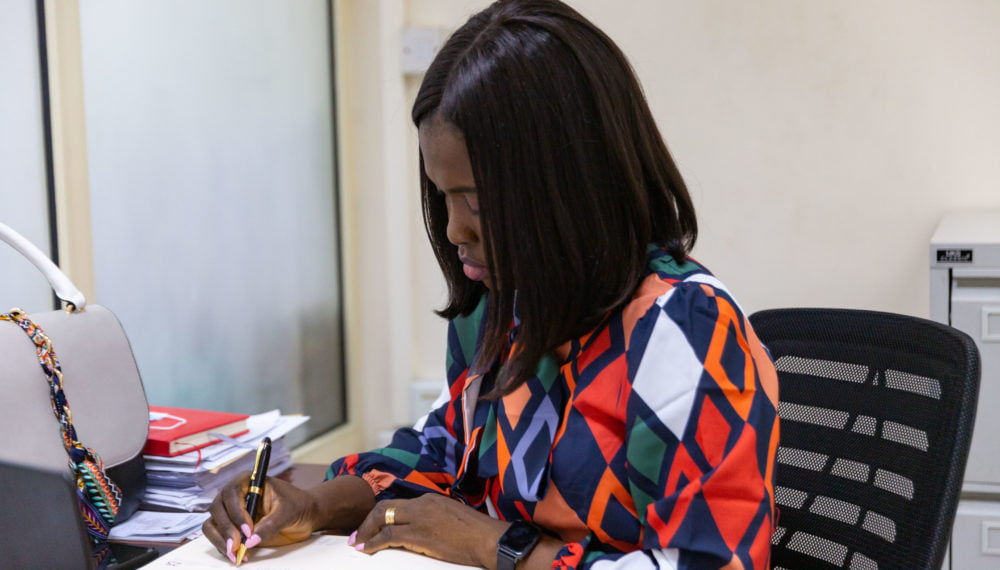
Discover more women entrepreneurs' stories:
-
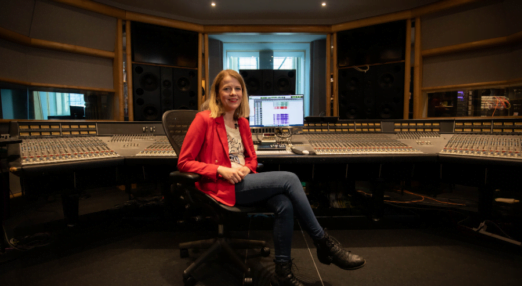
Olga FitzRoy’s story: pushing for change in parental leave
Olga FitzRoy campaigns for more inclusive care policies for self-employed people in the UK.
Read more
-
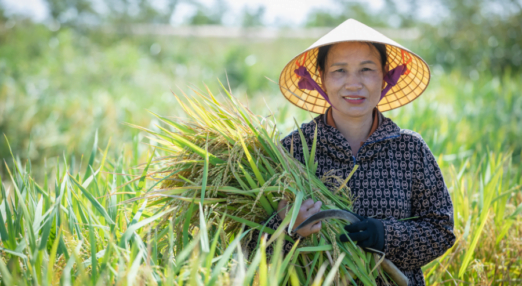
Nguyen Thi Tham’s story: challenging gender norms at home
Nguyen Thi Tham is a leader in her local farming group. SNV supported her to adopt climate change adaptations in her farming and redistribute her household duties.
Read more
-
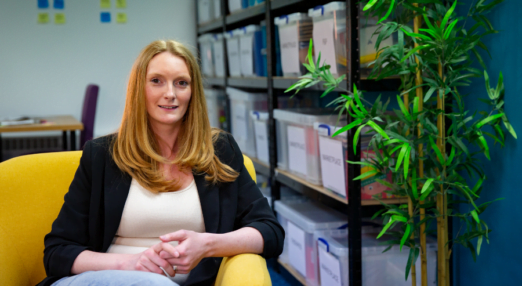
Sam Tebb’s story: boosting support for families with disabled children
Sam Tebb founded Parent Suportal to support families of disabled children.
Read more